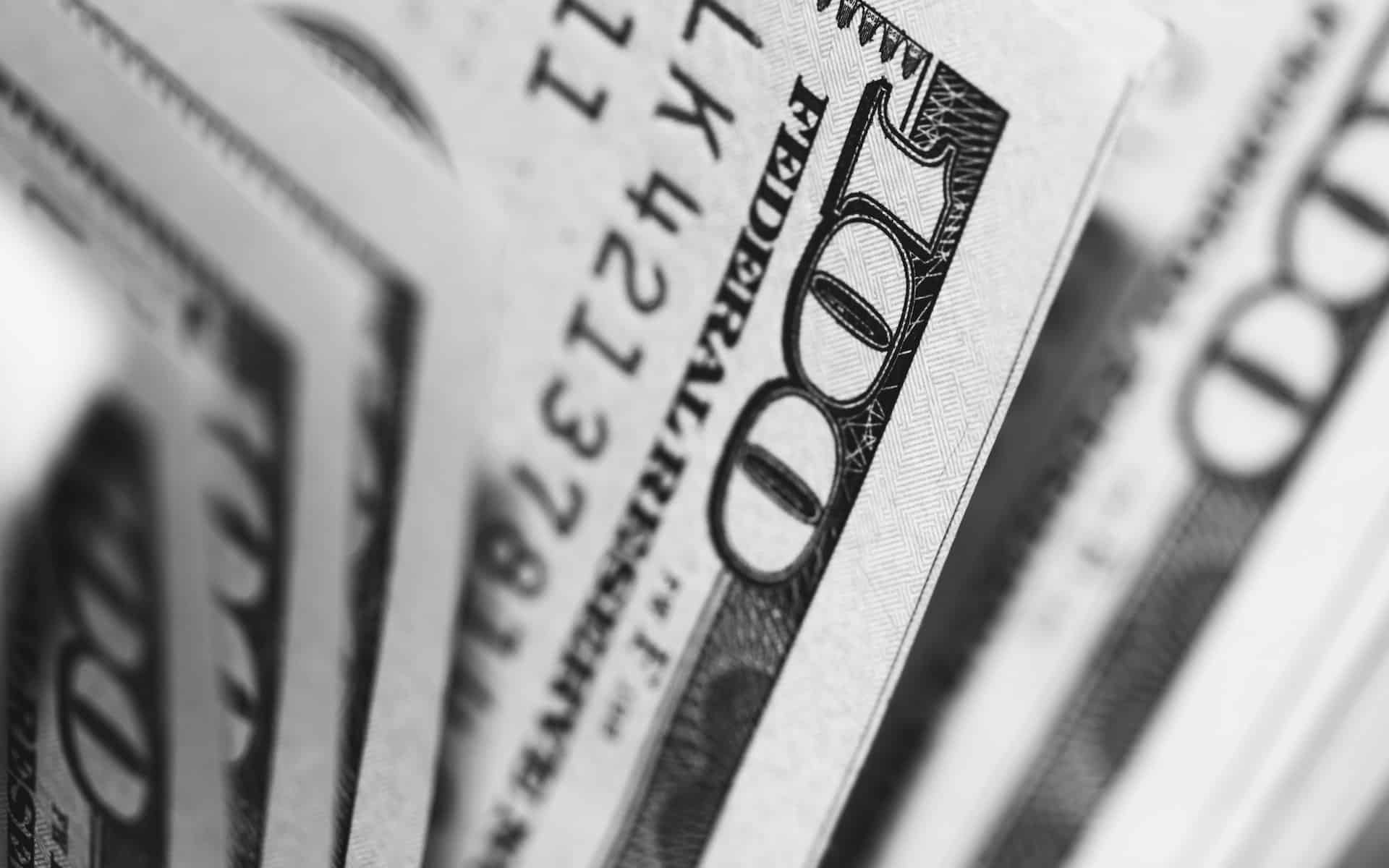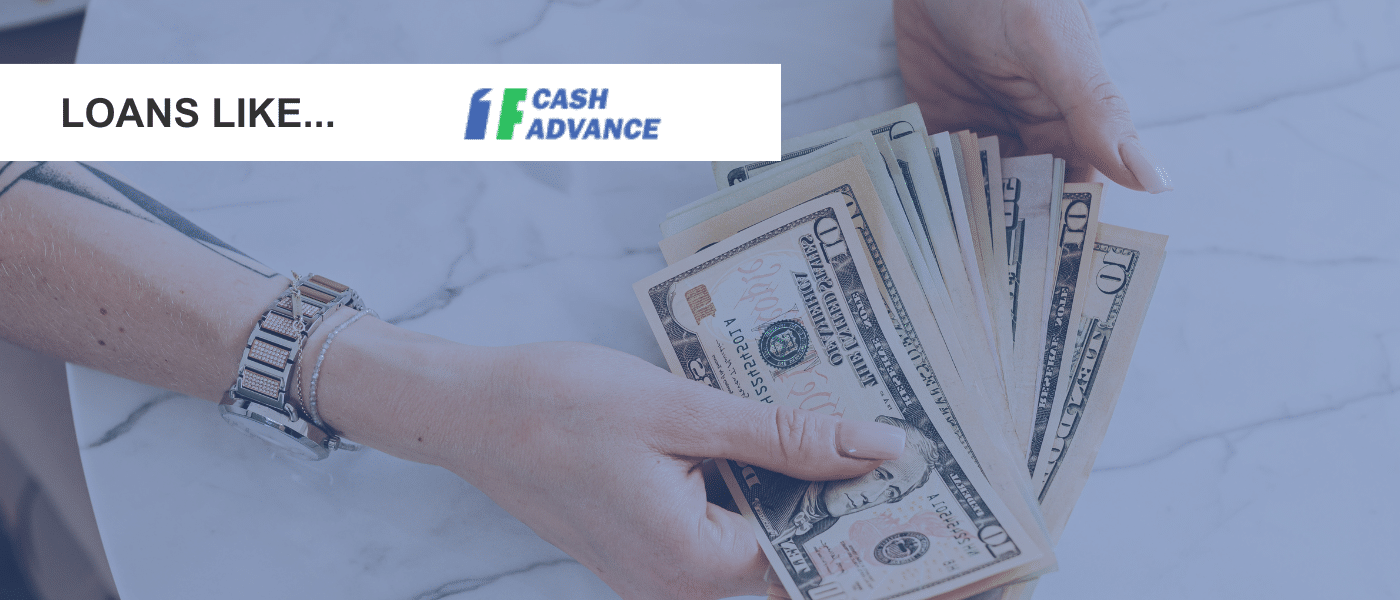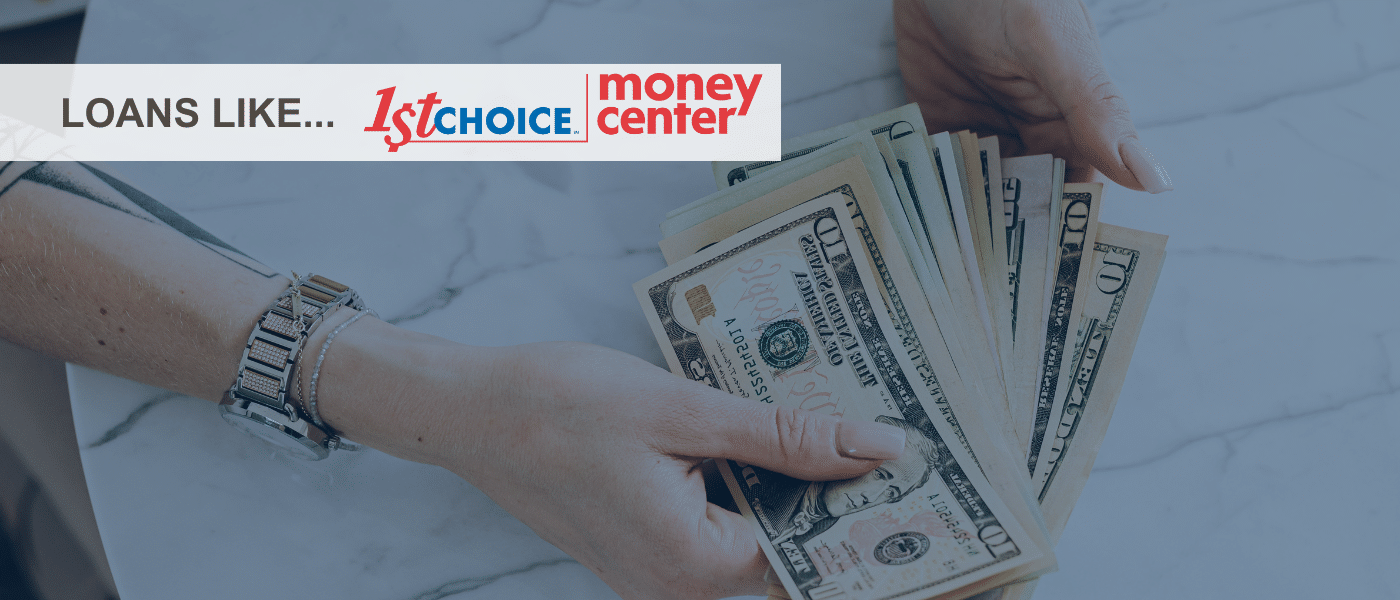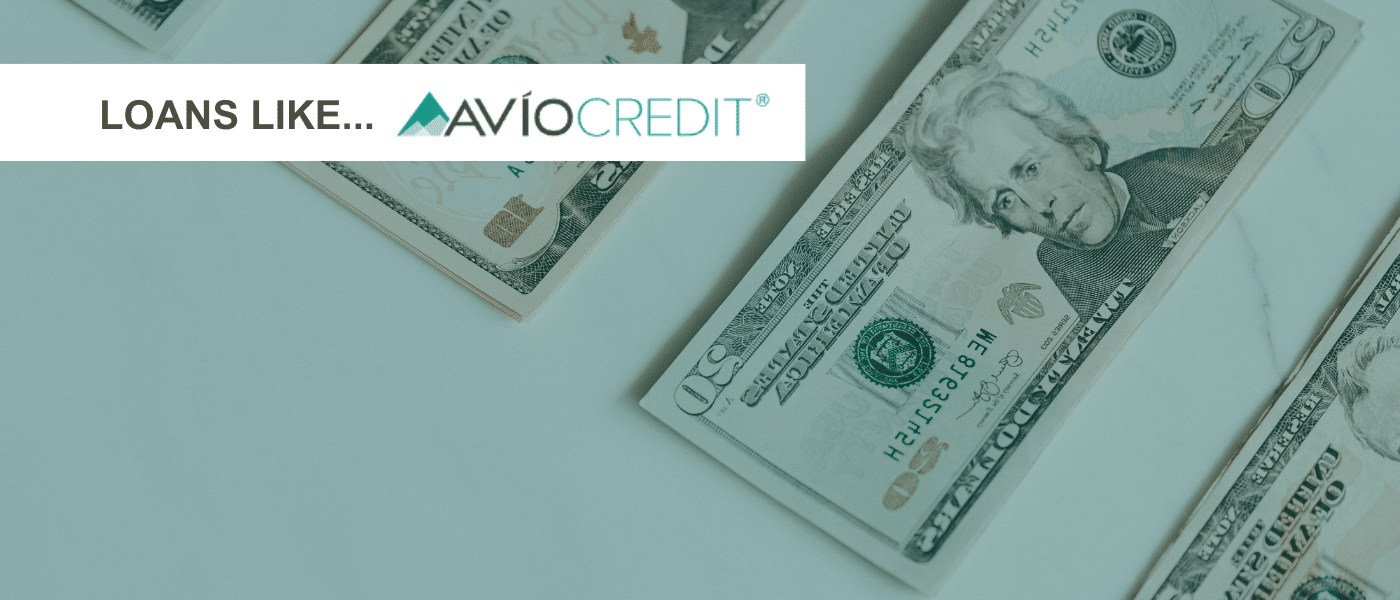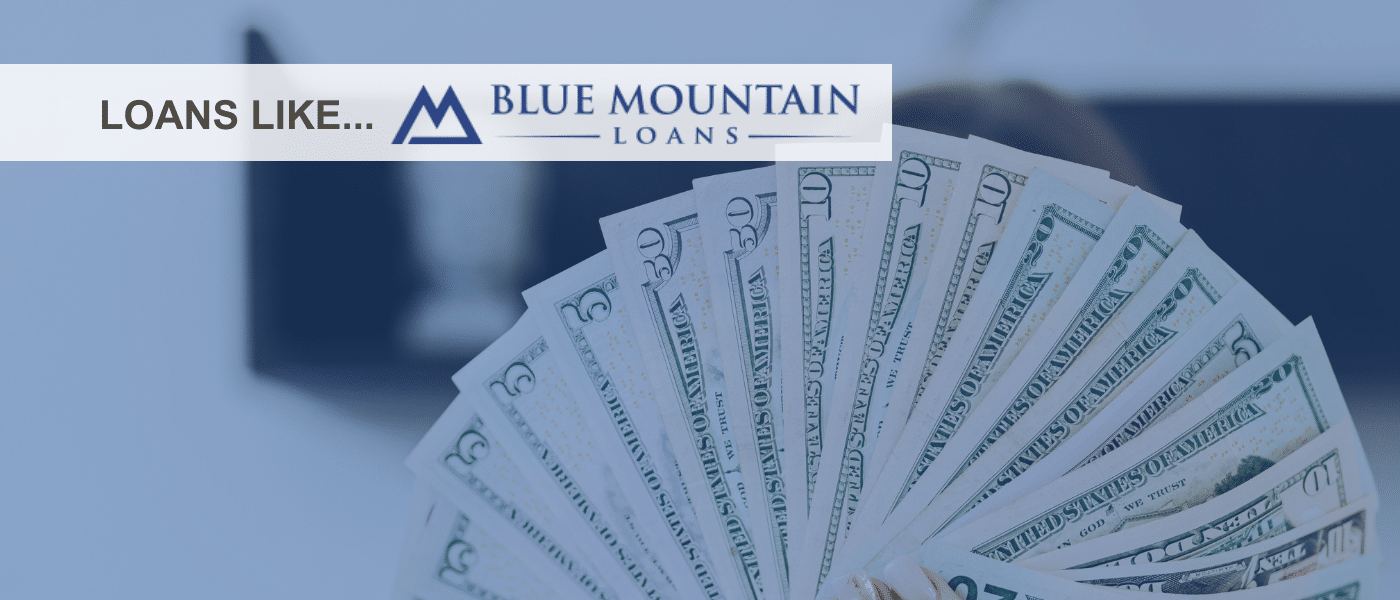If you have never renewed a loan before, you may be asking yourself, “Do you get money when you refinance a loan?” The answer depends on the type of loan refinance you opt for. Some popular kinds of refinancing include:
- Cash-out refinance.
- Debt consolidation.
- Refinancing your current mortgage balance.
Some types of loan renewal, like rollovers, usually don’t come with additional funding, but others do. Here, you will learn all about the different ways borrowers can restructure their loans and which options may be the most beneficial!
Types of Refinancing
Refinancing can come in a few different forms. The most common types of refinancing involve consolidating debt or using the equity in your home as collateral.
Debt Consolidation
Refinancing for debt consolidation involves taking several forms of existing debt and combining them into one monthly payment. Borrowers can take care of expenses like mortgage debt, credit card debt, accumulating debt from other lines of credit, or past-due bills/payments with a debt consolidation refinance.
Mortgage Refinance vs. Home Equity Line of Credit
Borrowers can use the equity in their home to access two main types of funding; a home loan/mortgage loan or a home equity loan. A mortgage is a loan home buyers take out in order to purchase their home. Down the line, if the borrower wants to opt for a different rate, loan term, or loan amount, they can continue with mortgage refinancing.
A home equity line of credit involves homeowners using the equity in their homes in order to take out a new mortgage loan. With a home equity loan, borrowers usually already own their home and are using its value to take out a second mortgage.
Borrowers can refinance their mortgage or take out a Home equity line of credit to:
- Pay for home improvements/repairs.
- Save money on interest payments/get a lower interest rate.
- Extend their repayment terms.
- Receive additional funding for other expenses.
Rollover vs. Refinancing
The Loan rollover and refinancing processes are similar in that they both involve taking an existing loan and replacing it with a new contract. But loan rollovers typically only happen when a borrower has failed to keep up with the terms given in their original loan contract. In circumstances like this, the lender may force the borrower into a loan rollover in order to avoid default. Loan rollovers usually do not come with a funding increase or better interest rates. In fact, lenders may increase interest rates as well as payback terms during a loan rollover. These increases can then leave borrowers paying even more for their loans overall.
Refinancing, on the other hand, is usually a choice made by the borrower. Refinancing can be a great way to receive lower interest rates, more flexible terms, a lower monthly payment, and even higher funding amounts. A borrower will usually approach their lender, letting them know they want to refinance. Or, a borrower can find a different lender who is willing to buy out their current loan and replace it with a new loan agreement.
What Is a Cash-Out Refinance?
A cash-out refinance replaces a loan, usually an existing mortgage, and rolls it over into a new mortgage or loan. The “cash out” part of cash-out refinance refers to the lender paying off the borrower’s old loan balance so they can set up a new contract. If you originally bought a house with bad credit and have since improved your financial situation, you may be able to take advantage of a cash-out refinance to receive a better loan deal.
What Are the Requirements for a Cash-Out Refi?
Generally, lenders consider a few main factors when determining approval for a mortgage cash-out refi. Those factors include:
- The borrower’s credit score/credit report.
- The equity in the borrower’s home.
- Debt to income comparison.
- Seasoning requirements.
Credit Score
A major factor that contributes to the lender and loan type you may be eligible for is your credit score. A credit score is a three-digit number ranging from 300 – 850. Generally, when someone has a high credit score, it means they have a history of keeping financially responsible habits and behaviors. These behaviors may include paying bills on time, having a low number of hard credit checks on file, and maintaining a reasonable credit utilization ratio.
While there are bad credit home equity loan options available, it is much easier to find a good deal on a loan when you have and maintain a good credit score.
Equity in Your Home
For mortgage cash-out refinances, the value of the borrower’s home plays a major role. To determine the equity in your home, consider how much your home is currently worth on the market compared to how much you paid/currently owe on your existing mortgage. If your current mortgage balance is less than what your home is worth on the market, you probably have positive equity in your home.
Debt vs. Income
Your debt-to-income ratio represents how much money you owe in various debts compared to how much money you bring in regularly. Debts included in your debt-to-income ratio include:
- Your current mortgage (if you are a homeowner).
- Credit card balances.
- Balances on other lines of credit like personal loans, fast payday loans, etc.
- Any past due payments you have accumulated.
How much money you bring in regularly can depend on a few different factors as well. For example, how much cash an employed individual earns, any government funding someone receives, or how much revenue a business owner earns may all contribute towards their income-to-debt ratio.
Seasoning Requirements
Most lenders who distribute cash-out refinances and VA loans require that borrowers own their homes for at least six months. For borrowers who have loans backed by the Federal Housing Administration they will have to wait at least one year before they may qualify for an FHA loan/refinance.
How Does a Cash-Out Refinance Work?
Wondering how a cash-out refinance works with home equity loans? First, borrowers must apply with a lender either online, over the phone, or in person. From there, the lender will ask a few questions about the borrower’s desired loan amount, income, and home value. Next, a representative will come to your home and evaluate its equity. Based on that evaluation, your lender will provide you with an approval status, loan amount, interest rate, payback terms and discuss any extra fees or closing costs. Then all you have to do is sign your contract and get your money!
What Are the Benefits of Cash-Out Refinancing/a Refinance Loan?
Below are just a few of the benefits borrowers may be able to take advantage of when they refinance a loan:
- Access to additional funding.
- Lower interest rate.
- Pay off high-interest debt.
- Reduce the number of monthly payments.
- Reduce the amount of money spent on monthly payments.
- Consolidate debt.
- Potential credit score increases at the end of the new loan.
Potential Disadvantages of a Cash-Out Refinance
There are also some potential setbacks that may come from a cash-out refinance. Before you commit to a cash-out refi, know the foreclosure risks. If you fail to pay back your new home loan, you risk going through a home foreclosure. It’s also important to keep in mind that you may have to pay closing costs. Make sure you can afford your new payments, including any fees, so you don’t have to worry about losing your home.
Alternatives to Cash-Out Refinance
There are also other ways you can borrow money that doesn’t involve a mortgage refinance. Some options like payday loans, title loans, or title pawns are marketed as quick and convenient funding solutions, but this is often not the case. Payday loans, title loans, and title pawns usually come with high-interest rates and brief payback terms. Payday loans typically require borrowers to pay back their loan within 14 days or less, while title loans and title pawns put borrowers at risk of losing their vehicle! Fortunately, there are other quality options to consider.
Personal Loan
What’s the difference between a personal loan vs. mortgage? While mortgages may only be used to purchase a home, personal loans may be used to purchase just about anything. If you don’t want to put your home at risk, you may consider getting a personal loan instead of refinancing a home equity loan.
Credit Cards/Cash Advance
If you only have a few hundred dollars of expenses to take care of, you may want to look into using your credit card or cash advance. Consumers who already have a credit card account can go ahead and use their credit right away, but if you don’t have a card you’ll have to apply. Before you apply for a credit card, take a look at your credit score. If your credit is on the lower side, now may not be the best time to apply for a new line of credit. You may be better off utilizing a bad credit personal loan instead.
The Bottom Line: Cash-Out Refinances
While a cash-out refinance may be a great funding solution for homeowners looking to renew their primary mortgage, it is not the only option available. Personal installment loans from an online private lender may be a more convenient option for borrowers with bad credit or who do not own a home.
You can learn more about budgeting, loans, and how to organize your finances for free with the CreditNinja financial blog!
References:
Mortgages | USAGov
A Consumer’s Guide to Mortgage Refinancing | Federal Reserve

